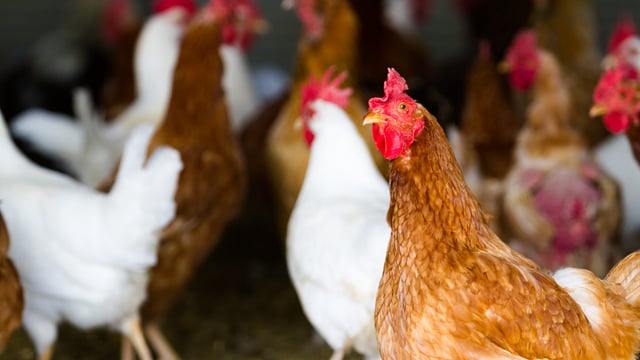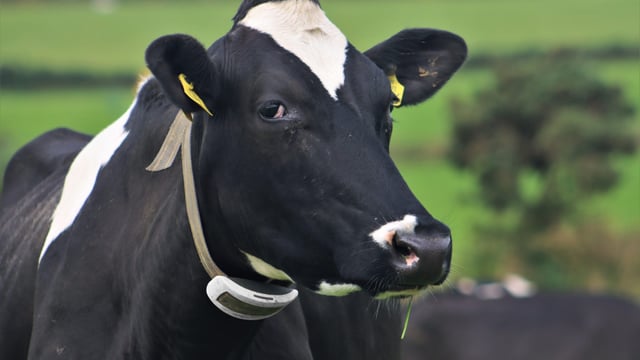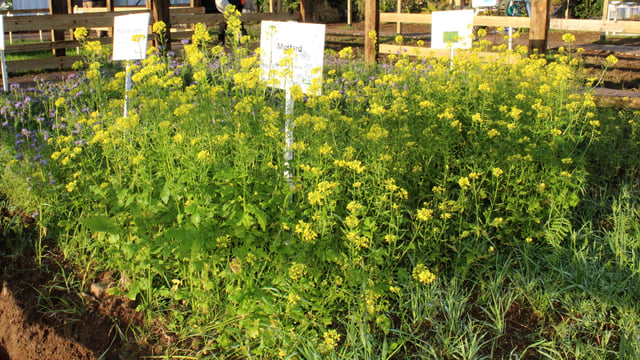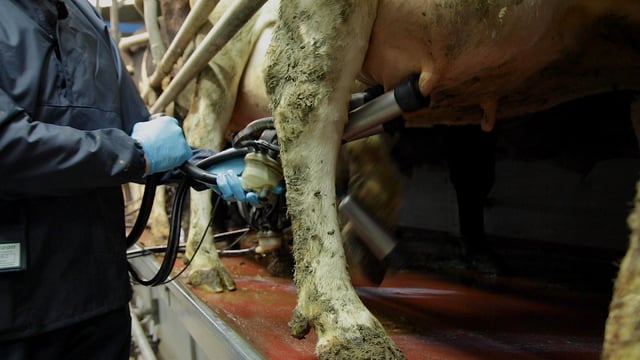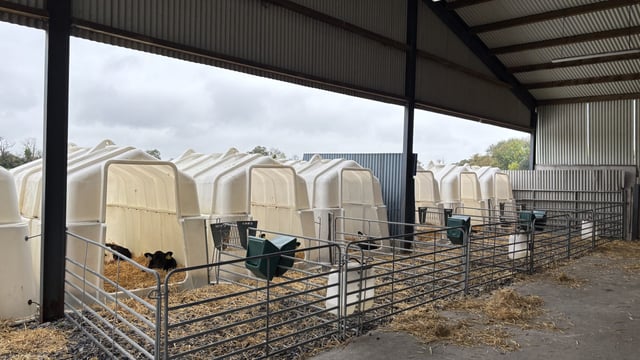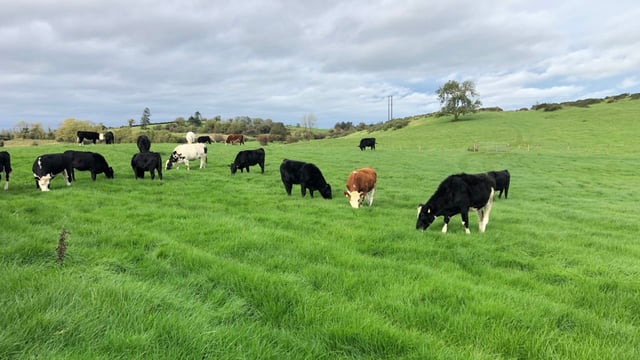Nitrates derogation 'cannot come with unreasonable conditions' - MEP
An Irish MEP has said that the retention of Ireland's nitrates derogation "cannot come with conditions that make it unworkable for farmers, or economically unviable".
Cynthia Ní Mhurchú said that removing the derogation would "deliver a severe blow to family farms" - without guaranteeing "measurable improvements" in water quality.
“Farmers across Ireland have made substantial progress in reducing nutrient losses and improving environmental standards,” Ní Mhurchú said.
“This has come about through substantial investments by them incurring large borrowings and repayments.
“Since 2019, we have seen a reduction in total nitrogen load in our rivers by a quarter - a result of hard work, investment, and new on-farm measures. We must build on that progress, not punish those who have delivered it.”
Her comments come as European Commissioner, Jessika Roswall, visited Ireland last week to see "the good work" being done to improve water quality.
The visit by the European Commissioner for the Environment, Water Resilience and a Competitive Circular Economy is at a critical time in Ireland's campaign to secure an extension of the nitrates derogation.
Knock-on consequences
MEP Ní Mhurchú has warned of the knock-on consequences of removing the derogation on processing, transport and local business sectors across rural Ireland.
She also raised the fact that investments by farmers are "in jeopardy as lending institutions apply strict stress testing to the lack of certainty" around derogation farming.
“We have been communicating to our colleagues in Brussels that the nitrates derogation is not a licence to pollute - but rather a recognition that Ireland’s grass-based system can maintain productivity while safeguarding our water and environment," Ní Mhurchú continued.
“Removing it now would destabilise land markets, inflate rental prices, and undermine the very viability of our rural economy.
"In particular, tillage farmers could simply not compete with dairy farmers for renting or buying lands.”
Not the sole factor
Recent data also shows that counties with the highest concentrations of derogation farms, such as Cork, are among those with the best river water quality - "underscoring that agriculture is not the sole factor influencing water outcomes".
Urban pressures, population density, and legacy infrastructure all play major roles, Ní Mhurchú said.
She further cautioned that expanding regulatory demands under the Habitats Directive risked "placing unsustainable administrative burdens" on Irish farmers.
“The EU must align its environmental ambition with economic reality,” she said.
“We need policy coherence that supports competitiveness, simplification, and generational renewal - not additional red tape that drives farmers out of business.
“Irish farmers have shown that partnership, not punishment, delivers progress.
"Retaining a workable nitrates derogation is essential to sustaining that momentum, protecting rural incomes, and securing our place as a leader in sustainable food production," Ní Mhurchú said.


